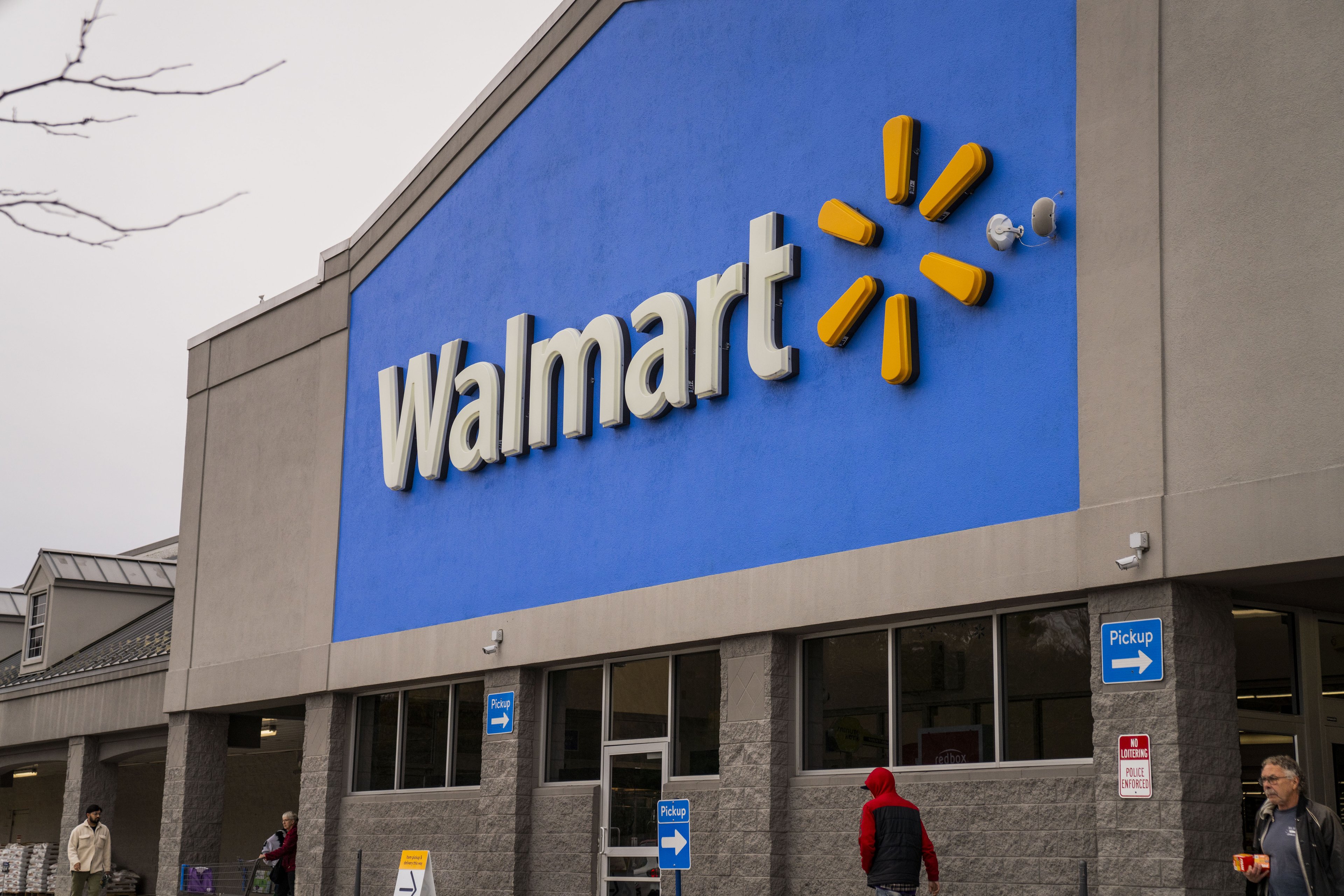Warren Buffett is arguably one of the most successful investors ever. The Oracle of Omaha has built a gigantic fortune by investing in high-quality companies for the long term, so looking at Berkshire Hathaway's (NYSE: BRK-A) (NYSE: BRK-B) portfolio in the search for investment ideas for can be a smart strategy for investors.
Among Berkshire's holdings, Coca-Cola (KO 1.13%), Wal-Mart, (WMT +1.21%) and Procter & Gamble (PG 1.06%) stand out as three rock-solid companies with outstanding track records of dividend growth over time.
Sweet dividends from Coca-Cola
Coca-Cola is a paramount example of a company with almost indestructible competitive strengths. The company owns 16 billion-dollar brands, an unmatched distribution network, scale advantages, and abundant financial resources to invest in marketing and R&D.
No wonder the company is one of Berkshire Hathaway's biggest holdings. In Buffett's own words: "I'm the kind of guy who likes to bet on sure things."
Market saturation and the trend toward healthier nutrition represent a challenge for the company in developed countries, but Coca-Cola is adapting by focusing more on healthy alternatives to fit its customers' changing needs. In emerging markets, both traditional drinks and healthier choices offer plenty of room for volume growth due to lower per-capita consumption and rapidly rising income levels.
Coca-Cola has raised its dividend over the last 51 consecutive years, including in all kinds of economic and financial environments. The company currently pays a 2.8% yield and has a sustainable dividend payout ratio in the area of 55% of earnings.
Mr. Buffett goes to Wal-Mart
Wal-Mart is the biggest retailer on the planet, with more than $450 billion in annual global sales. The company benefits from tremendous bargaining power with suppliers, which it translates into competitively low prices for its products on a global scale. Size matters when it comes to scale and negotiating power in discount retail, and Wal-Mart knows how to leverage its size to consolidate its competitive position.
On the other hand, things have not been easy for Wal-Mart recently. Competition from the likes of Amazon and Costco is a considerable risk to watch, and weak consumer spending has been producing lackluster sales growth for the company in recent quarters. In addition, legal expenses and reputation issues are a recurring headache for investors in Wal-Mart lately.
Still, the company has proven its ability to successfully survive different scenarios while consistently raising dividends for shareholders through both good and bad times. Wal-Mart has increased its dividend every year since the first declared dividend of $0.05 per share in March 1974; this includes a remarkable increase of 18% to $1.59 per share in 2013.
Wal-Mart pays a dividend yield of 2.4%, and the company's conservative payout ratio in the area of 35% leaves plenty of room for further dividend growth, even under challenging industry conditions.
Shiny-clean dividends from Procter & Gamble
Procter & Gamble owns a huge portfolio of leading brands, 25 of which generate more than $1 billion in annual sales each, including Head & Shoulders, Pantene, Gillette, Oral-B, and Pampers, among many others. The company has operations in more than 180 countries, serving approximately 4.8 billion people of the nearly 7 billion on the planet today.
P&G sells everyday necessities, which provides reliability and stability to its cash flows under fluctuating economic conditions. In addition, the company benefits from tremendous scale and brand recognition, which sets it apart from smaller competitors.
Growth has slowed down over the last several years, so the company is implementing a series of initiatives to reduce costs, increase operational efficiencies, and reinvigorate innovation. Procter & Gamble is planning to save more than $1.4 billion in cost of goods sold during 2014, and the company aims to improve manufacturing and productivity by at least 6% during this year.
Procter & Gamble has paid regular dividends for 123 consecutive years since its incorporation in 1890 and has raised those distributions over the last 57 years in a row. This defensive juggernaut pays a dividend yield of 3% and carries a reasonable payout ratio near 59% of earnings.
Bottom line
Going through Berkshire Hathaway's portfolio in the search for investment ideas from Warren Buffett himself could be a smart way to identify high-quality opportunities. Coca-Cola, Wal-Mart, and Procter & Gamble are three well-known consumer companies with remarkable trajectories of dividend growth. If they are good enough for Warren Buffett, maybe they are good enough for your portfolio, too.










